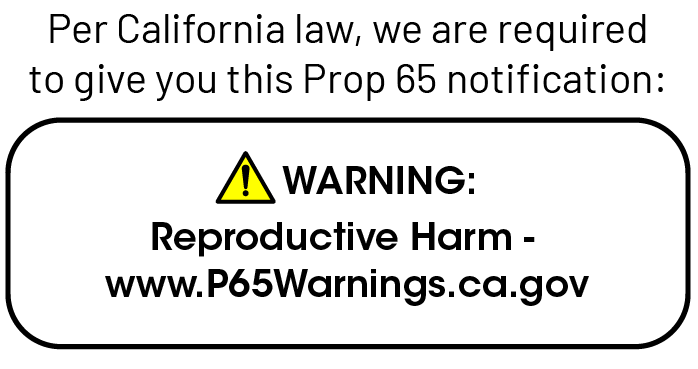What Does "Clean Beauty" Really Mean?
Posted by Dr. Hannah Sivak with Brendan Leonard on May 21st 2021
Everywhere you look, you are going to see messages created by advertisers attempting to influence how you feel about this thing or that. What can we say, that’s the way of the world today. If there is a vertical surface, there’s likely going to be some kind of messaging on it or at least near it. We’ve become sort of trained as people to passively receive these messages. Often it’s happening without us even realizing it.
So when you start delving into the world of skincare, there are a whole host of words that we have become accustomed to seeing. These words are designed to fill us with a sense of meaning, but what concrete reality do they define?
For instance: organic, natural, green, sustainable, eco-friendly, honest, clean.
There are companies that stake their entire reputations on these ideas, or rather, these words
But what do they really mean in terms of action? How do they convert these ideas into reality? Sometimes very little, sometimes nothing at all. The words “organic” and “natural” have some very broad legal definitions in the United States, whereas the meanings of the other words in the above list are meaningless, absent the feelings and preconceived notions of the reader.
Does this mean you should avoid what’s called “value based marketing?”
Absolutely not! In fact, we endorse using your purchasing power to support causes that are meaningful to you. But the real test comes down to knowing what the companies you support are actually up to. To put it bluntly, how do companies take those nice feeling words and manifest them into reality?
Objectives Every Company Should Have
- Effective Products - The first thing any company should be doing is creating effective products. This is a particular bone that we like to pick at Skin Actives because of how many skincare companies like to obscure the efficacy of their product with “label value” active ingredients.
But the question remains: if something doesn’t work, why make it? Why sell it? The relationship between the purveyor of the product and the purchaser relies on the trust that if I sell you something and say that it will work, then yes, it must work.
- Safe Ingredients, Safe Products - This seems like a no-brainer, but the history of every industry, including the skincare industry, is replete with examples of people who couldn’t figure this one out. If your product is going to hurt people, or an ingredient in it is harmful to the user, don’t make it!
- Low Environmental Cost - In skincare we look at this two-fold. On one hand, ingredients should be sourced in a way that is not detrimental to the environment. And on the other hand, those ingredients, when used, should not create a blight wherever they end up.
Skin Actives Values
Well, first of all, if you are shopping with Skin Actives you should know that we value your health. And we want you to value your health too! It’s way too easy to get caught up in “beauty” or “youthfulness,” both of these things have to come after health. Our secret is that we have found that healthy skin appears more youthful and often, more beautiful, but that’s a subject for another time.
But what other values? What are the actions that bring our values to the forefront?
We at Skin Actives have been at the forefront of the sustainability issue since long before we created our company. It’s one of the contemporary issues that drives us the most. As a company that employs American workers we feel connected to our communities, and the responsibility that comes with that. Even a family owned business like Skin Actives has a lot of power in the lives of the people that work with and for us and in our community. We take that power seriously.
Whenever we are working on new products, revisiting old products or implementing standard operating procedures, we ask ourselves: “What can we do for the environment while producing good, effective, and safe skincare products?”
Below you will find our answers. This is how we put our values to work:
- Avoid sourcing from species in danger of extinction.
- Avoid sources that employ transgenic plants (those plants whose DNA has been modified through genetic engineering).
- Promote projects that recycle plastics.
- Cruelty-free: no products tested on animals.
- Offer vegan products whenever possible.

